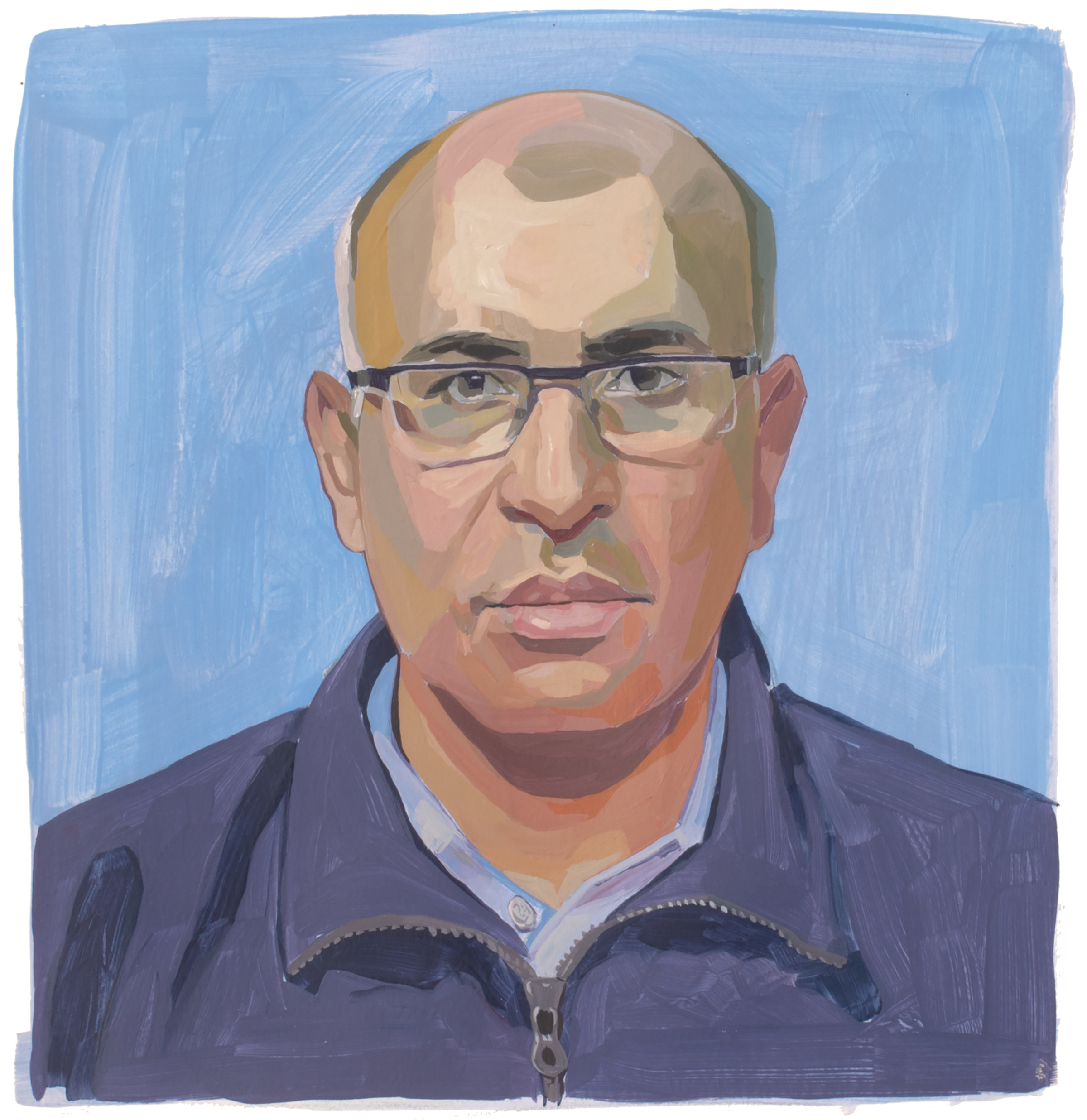Ohio Governor Mike DeWine bank-shot his way into an unlikely and unsought role as the Republican Party’s most credible leader on public health—a term he fastidiously avoids using, as the Washington Post has reported.
From the start of the COVID-19 pandemic, DeWine sided firmly with those who heeded doctors and other experts. He made the unpopular decision to shut down sporting events and schools even before the state had its first documented case, drawing ire from his state’s base. He matched then New York governor Andrew Cuomo with appointment-viewing briefings on TV about the crisis and listened when his public-health chief told him how to curtail new cases. When things got dicey, he took his own advice and ran the state from his family’s farm in Cedarville.
In the years since, DeWine hasn’t let up. He set aside a half-billion dollars to boost children’s health care in Appalachia, but not with a blank check. Goals without accountability don’t land cash, and he partnered with some of the biggest insurance companies in the state to gauge success. In the face of opposition from his GOP-controlled state house, he moved to tighten seat-belt laws. Seat belts are easy tools that save lives, yet Ohio’s law allows police to ticket violators—and Ohio is the 10th worst for use in the country—only if they’re stopped for some other violation. DeWine got a distracted-driving law on the books last year over similar indifference from the legislature. The result: 23,000 fewer car crashes in 2023 over 2022, and 36 fewer traffic deaths.
On abortion, DeWine is known to be radically conservative, but when the issue was put to a public vote and the people of Ohio struck down restrictions, he said he accepted their decision to keep abortion available in the state up to the point of viability.
That’s not to say Ohio is a model for public health. It still has plenty of performative rejection of “nanny-state” oversight. The life expectancy of Ohioans rivals that of Slovakia. Tobacco use rivals Alabama and Mississippi. Drug overdoses rival New Mexico and Florida. Only 37% of the state is vaccinated for COVID. Still, DeWine is trying to remedy that with fact-based policies, often over the objections of his Republican legislature. In a heartland state that Joe Biden’s re-election campaign has all but written off, that’s not nothing.
More Must-Reads from TIME
- Cybersecurity Experts Are Sounding the Alarm on DOGE
- Meet the 2025 Women of the Year
- The Harsh Truth About Disability Inclusion
- Why Do More Young Adults Have Cancer?
- Colman Domingo Leads With Radical Love
- How to Get Better at Doing Things Alone
- Michelle Zauner Stares Down the Darkness
Write to Philip Elliott at philip.elliott@time.com





